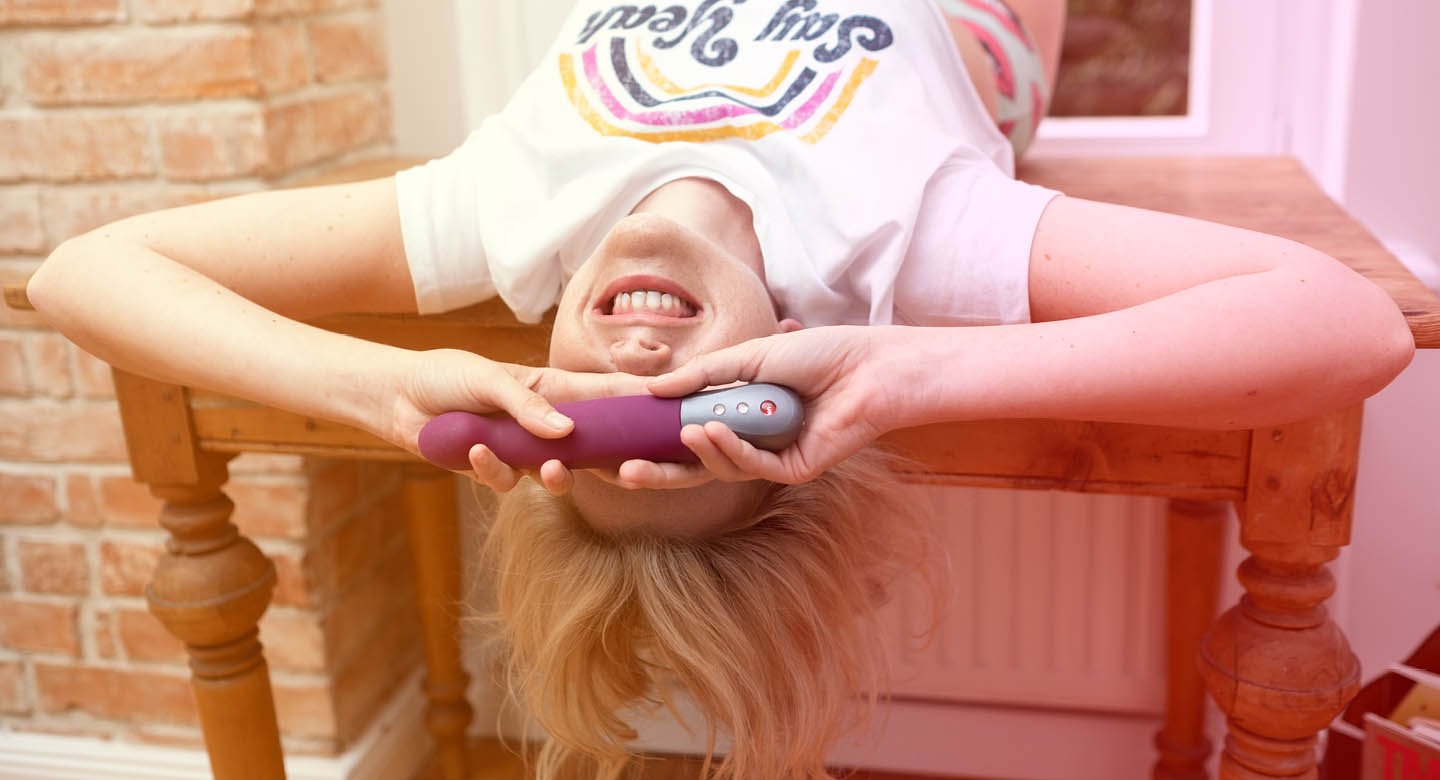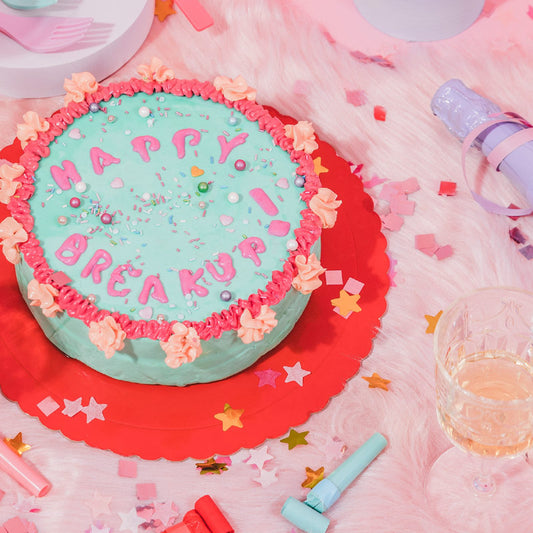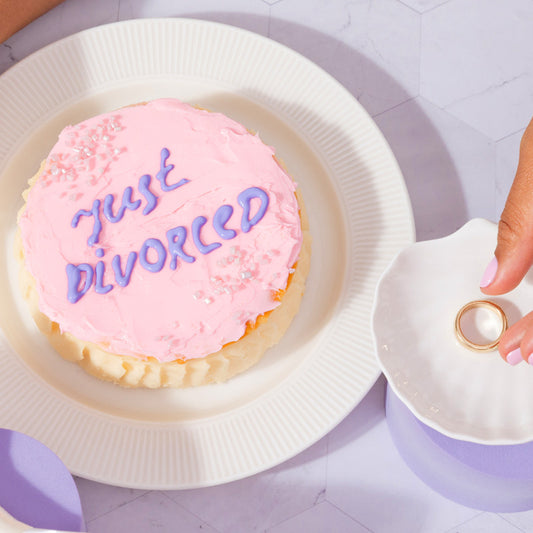
As a queer sex educator and trauma expert, Jimanekia Eborn can talk all day about boundaries, triggers, and toys. In fact, she’s made it her job: Eborn is a co-founder of Cintima, a Black- and queer-owned training program for intimacy coordinators in TV and film. Read on to see her take on working with actors, creating illusions, and sex toys on screen.
(By the way, if Cintima sounds like your kind of thing, then you’re in luck! Use code FUN10 for 10% off module 1 through July 31.)
FUN FACTORY: How would you explain what an intimacy coordinator does to someone who hasn't heard the term?
Jimanekia Eborn: Intimacy coordinators do more than people think. They make the intimate scenes look realistic. And it isn't just about sex. If there's a horror scene, sometimes you need an intimacy coordinator. If there's an intense trauma scene, you need an intimacy coordinator. Because intimacy is really in everything.
Intimacy coordinators not only allow the scenes to look more realistic, but also help with choreography. They can set up the scene so it looks like those people were really having sex. They help with the storytelling. They also help support the actors' boundaries.
Intimacy coordinators do mental health first aid. If a person is activated, they are there to support them. They are not therapists, but they are trained. Sometimes having that person there to fight for the actors, to show up for them, and also just recognize that they're human, can be really helpful.

FF: What inspired you to create this training program for the industry?
JE: So, we are not the first and we will not be the last. I always like to say that. The reason we created Cintima was representation. We are Black- and queer-owned.
We created our program because we not only want people to be good intimacy coordinators, but sneakily, we're also trying to make them better humans. I am not an intimacy coordinator. I am a sex educator and a trauma specialist, and that was really important for the company to have. So not only are you learning about how to choreograph a scene and how to do your paperwork, but you're also going through gender classes. You're going through sex-ed classes. You're learning how to communicate. There's trauma classes.
Regardless of whether, after going through the programming, you want to be an IC or not, we want you to walk away with more information. Like, "oh, I now understand pronouns a little bit better." If we can at least get one person to have one conversation, I personally am like, we're doing what we need to do.
FF: How do you think media representations of sex affect real-life sexual practices?
JE: I hope that it allows people to grow, because they ask questions. The world changed when 50 Shades of Grey came out. Now, was it a good depiction? No. Ask people that are kinky, we're like, "Absolutely not. That's crazy. That's abusive." But it allowed folks to go, "Oh, this is an option. This could be for me." And I do believe that the way that sex looks has changed.
I think representation also helps with sex toys. I keep going back to this one scene in Sense8. At the end of the show, you see a strap-on and you see the dildo, but you never see it enter the body or anything. They take it off, and it has fluid on it. It's such a storyteller without ever being really in the scene.

FF: Are there any FUN FACTORY toys you’d like seeing on screen?
JE: I would really love to see something like SHARE VIBE PRO in a scene. Queer sex in general needs to be shown more, in a way that doesn't feel icky.
The reason I love FUN FACTORY is, one, the toys look amazing, but also the education [in the user manuals and inside the packaging]. I think that could be really helpful for folks to see on film.

FF: What do you wish we saw more of and what do you wish we saw less of on screen?
JE: I would love to see more intimate scenes with masculine folks. I think there's such a stigma, like, "Bros can't be intimate," and I'm like, "Y'all need hugs. Hug each other some more.” Sit down and have a conversation. Hold somebody's hand when they need it. I would love to see more of that to normalize that y'all need it, and it's okay to like, cry with your bros.
I would love to see more queer sex, and not only in a specific kind of queer movie. We exist everywhere.
I would love to see less rape scenes. And also, I would love to see less sexual assault survivors looking one way, like thin white women, because that hurts when other survivors come forward. People only believe what they can see sometimes. I'd love to see less of women being harmed and less trauma porn.
Jimanekia Eborn is a Queer Sexual Assault & Trauma Expert, Trauma Media Consultant, and Comprehensive Sex Educator. With a Master’s in Health Psychology, she has worked in mental health for the past 16 years in sex education and sexual trauma support. Jimanekia is the host of Trauma Queen—a podcast working to normalize conversations about life's most challenging experiences, from sexual assault to mental health and beyond. She is also the Founder of Tending the Garden, a nonprofit for for sexual assault survivors of different marginalized identities. Jimanekia is the co-founder of Cintima, bringing increased representation to the field of Intimacy Coordination in the film industry. In 2021, Jimanekia joined Lenora Claire Consulting as a SA & trauma expert for film & television productions.
All ideas included are for educational and entertainment value, and do not constitute medical advice.




